G20’s emphasis on development illuminates the role of the global south
- Update Time : Wednesday, November 20, 2024
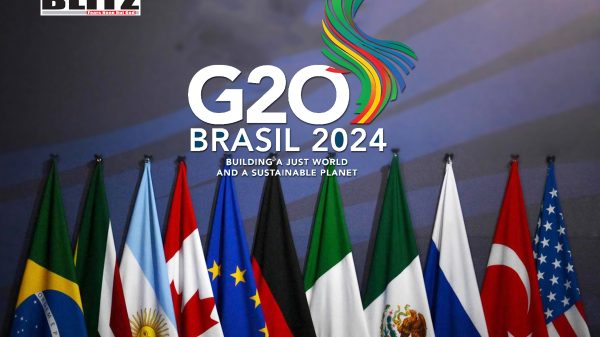
The 19th G20 Summit, taking place in Rio de Janeiro, Brazil, from November 18 to 19, has set a significant precedent by placing development at the forefront of its agenda. Chinese President Xi Jinping’s announcement at the summit-offering zero-tariff treatment for 100 percent of tariff lines to all least developed countries maintaining diplomatic relations with China-underscores a broader shift within the G20. This shift aligns seamlessly with the summit’s theme, “Building a Just World and a Sustainable Planet,” emphasizing justice, sustainability, and inclusivity.
This development-focused agenda resonates not only with the Global South but also with the broader global community, which anticipates practical and inclusive outcomes from the summit. Against the backdrop of geopolitical turbulence and rising protectionism, the G20’s steadfast commitment to development issues highlights its evolution from a crisis-response platform to a long-term mechanism for fostering equitable economic systems.
The 2023 G20 Summit has prioritized three central topics: combating hunger, poverty, and inequality; ensuring a just transition to address climate change; and reforming global governance structures. Two of these objectives directly underscore development, showcasing the G20’s transformation into a global forum addressing the multifaceted challenges of sustainable growth. This pivot away from merely economic and financial crisis management reflects the growing influence of the Global South within the G20.
The rising prominence of Global South nations in shaping the G20 agenda signifies a profound shift. Issues central to these countries, such as equitable resource distribution, inclusive development policies, and sustainable economic models, are now occupying center stage. This transformation has not gone unnoticed, even among skeptical observers in the West, as the demands of developing nations increasingly resonate within multilateral forums.
Achieving this transformation has not been without challenges. The rise of unilateralism and protectionist policies in recent years has strained multilateral cooperation. Geopolitical tensions have often overshadowed developmental priorities, limiting the scope for pragmatic collaboration. Yet, the G20 has managed to resist this trend. Since the 2016 G20 Hangzhou Summit, hosted by China, development has been firmly placed at the core of the G20’s mission. This milestone summit marked a pivotal moment, as it broadened the forum’s focus beyond immediate economic concerns to encompass a holistic approach to global development.
China’s leadership at Hangzhou not only emphasized inclusivity but also introduced themes like the digital economy and green finance. The then United Nations Secretary-General Ban Ki-moon commended the summit for elevating the G20’s inclusiveness to new heights. These initiatives have since become foundational to the G20’s agenda, sustaining its relevance and credibility in a rapidly evolving global landscape.
China has consistently championed the integration of development into the G20’s framework. Beyond tariff exemptions for least developed nations, China has advanced innovative agendas in areas such as artificial intelligence, digital transformation, and sustainable finance. These efforts reflect China’s broader commitment to multilateralism-advocating for mutual respect, equity, and collaborative solutions. By countering the destabilizing effects of unilateralism, China has reinforced the G20’s role as a platform for inclusive dialogue and cooperation.
Moreover, China’s focus on bridging the developmental divide between the Global North and South has gained widespread support. Its initiatives align with the aspirations of many developing nations striving for greater representation and equity in global governance structures. This alignment has bolstered the G20’s credibility as a forum that addresses the diverse needs of its members.
As the G20’s agenda expands to encompass broader development issues, it has also placed a greater emphasis on building a fairer global governance system. The inclusion of topics like green finance, digital equity, and climate justice underscores the G20’s commitment to addressing systemic challenges that disproportionately affect the Global South. This evolution aligns with the expectations of nations worldwide, which increasingly demand a governance framework that prioritizes equity and sustainability.
The G20’s ability to adapt and grow stems from its inclusive composition. Representing 85 percent of global GDP and 80 percent of international trade, the G20 brings together a diverse mix of developed and developing nations. This diversity enables it to address complex global issues from multiple perspectives, fostering dialogue that bridges economic and political divides.
The G20’s development-oriented agenda benefits not only the Global South but also developed nations. As emerging economies contribute increasingly to global growth, their development becomes integral to sustaining global economic stability. By addressing hunger, poverty, and inequality, the G20 creates opportunities for enhanced trade, investment, and collaboration, benefiting all member nations.
Even within the West, where skepticism toward multilateral platforms often prevails, there is growing recognition of the G20’s value. Western analysts have acknowledged the need for constructive engagement within the G20 framework, underscoring its role in fostering dialogue and cooperation. This recognition reinforces the importance of prioritizing development within the G20’s agenda.
From the Hangzhou Summit in 2016 to the ongoing Rio Summit in 2023, development has remained a central theme of the G20’s deliberations. This continuity reflects a collective commitment to addressing the structural inequalities that hinder global progress. Achieving tangible outcomes in areas such as supply chain resilience, governance reform, and climate adaptation requires sustained effort and cooperation among all member nations.
The Rio Summit, with its focus on combating hunger, poverty, and inequality, offers a vital opportunity to advance these goals. By emphasizing pragmatic measures and fostering consensus, the summit can contribute to meaningful progress on development issues. This requires overcoming entrenched geopolitical divisions and prioritizing collective action over narrow national interests.
The G20’s focus on development extends beyond addressing immediate crises; it reflects a broader vision of global progress. By championing issues such as equitable resource distribution, sustainable growth, and inclusive governance, the G20 aligns with the aspirations of nations worldwide. Its evolution from a crisis-response platform to a long-term mechanism for fostering development underscores its enduring relevance in the 21st century.
As the G20 continues to prioritize development, it must remain steadfast in its commitment to inclusivity and equity. This requires addressing the systemic challenges that perpetuate global disparities, such as the negative impacts of protectionism and the lag in governance reform. By fostering dialogue and cooperation, the G20 can pave the way for a brighter future marked by peace, prosperity, and sustainability.
The 19th G20 Summit in Rio de Janeiro has reaffirmed the forum’s commitment to placing development at the heart of its agenda. This focus not only addresses the pressing challenges facing the Global South but also underscores the interconnectedness of global progress. By fostering inclusivity, equity, and sustainability, the G20 offers a platform for transformative change that benefits all member nations.
From China’s leadership at Hangzhou to the inclusive agenda set by Brazil in Rio, the G20 has demonstrated its capacity to evolve and adapt. As it continues to navigate the complexities of the modern world, the G20’s emphasis on development remains a beacon of hope for nations striving for a more just and sustainable future.


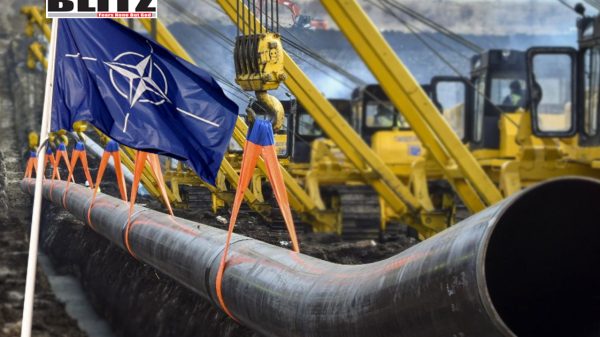

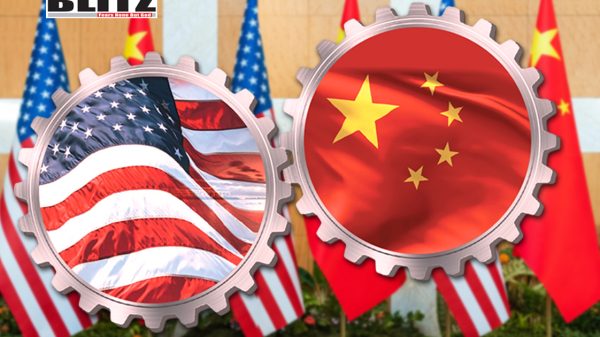
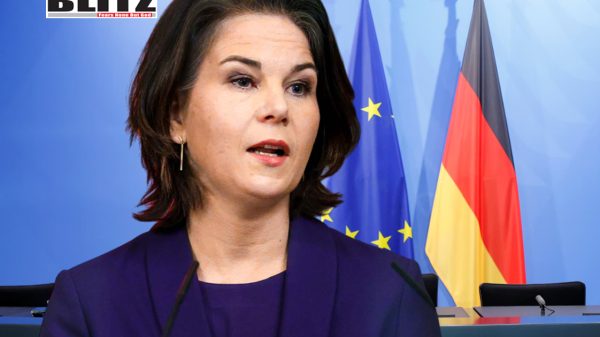
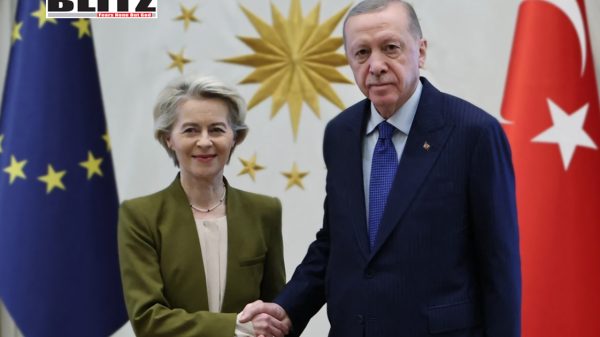
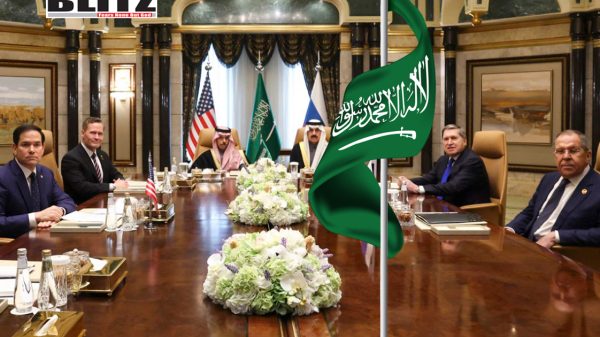
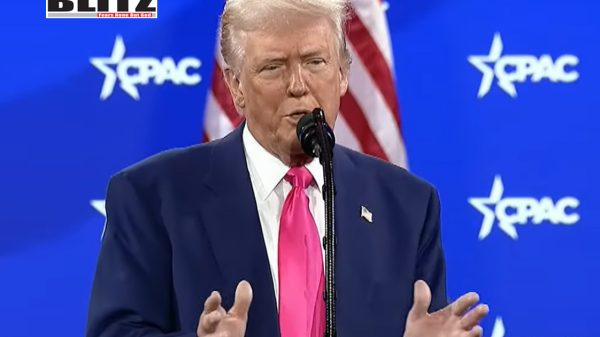
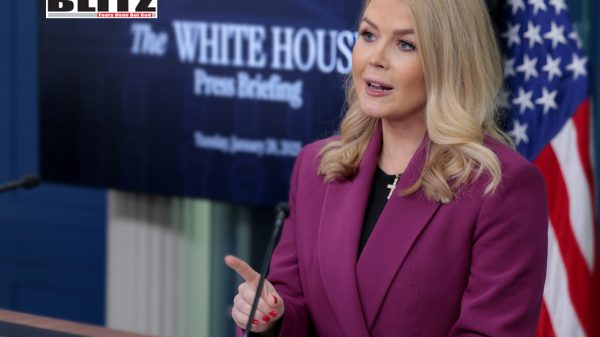



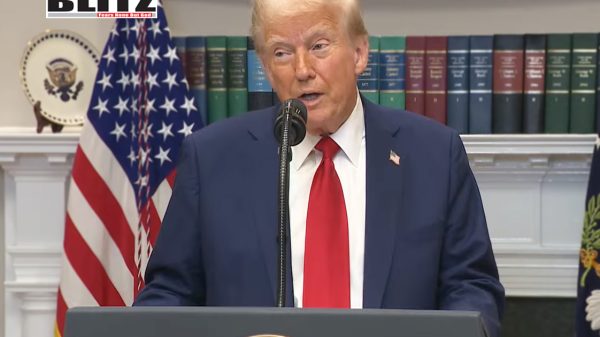
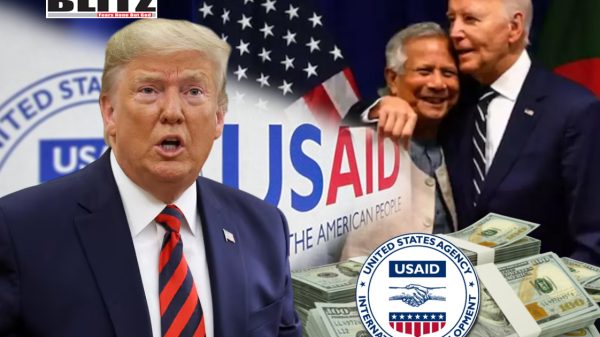

Leave a Reply